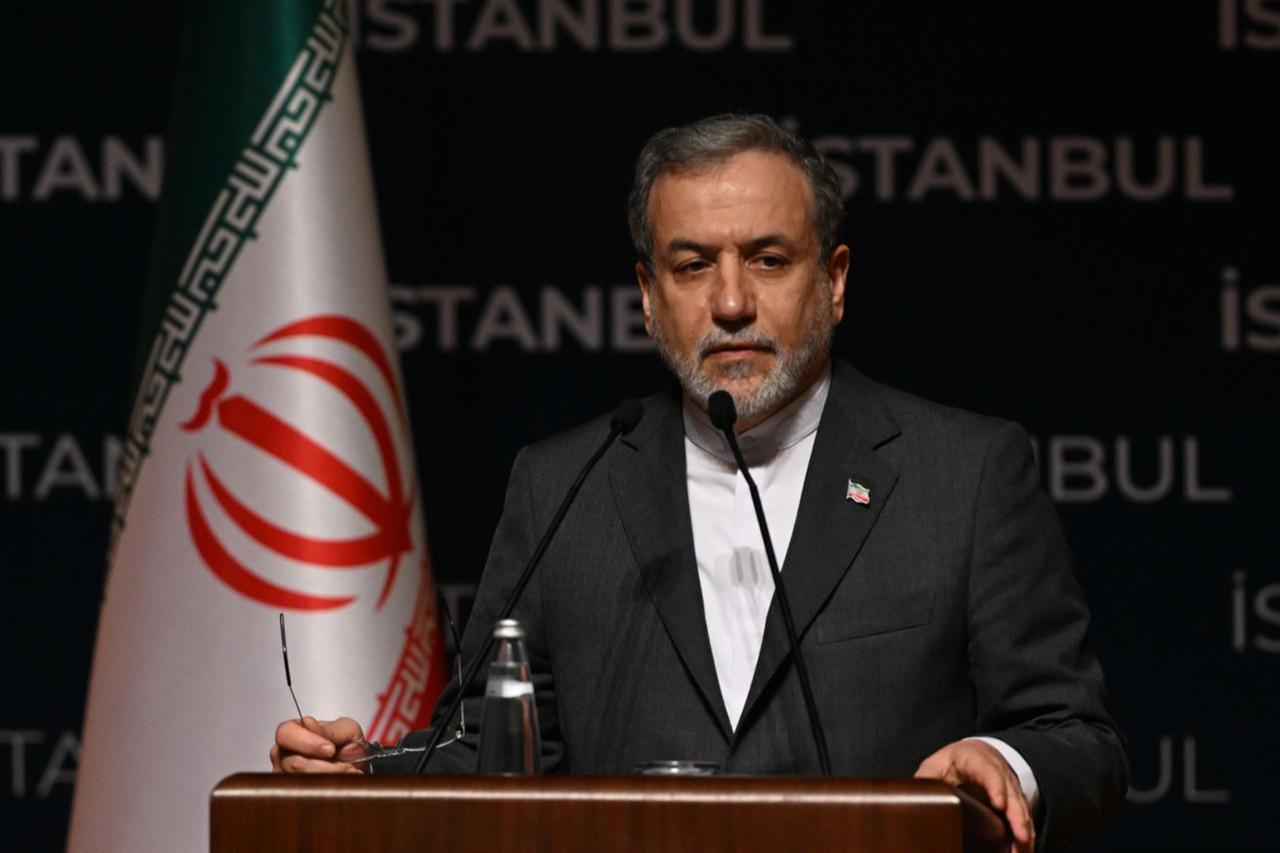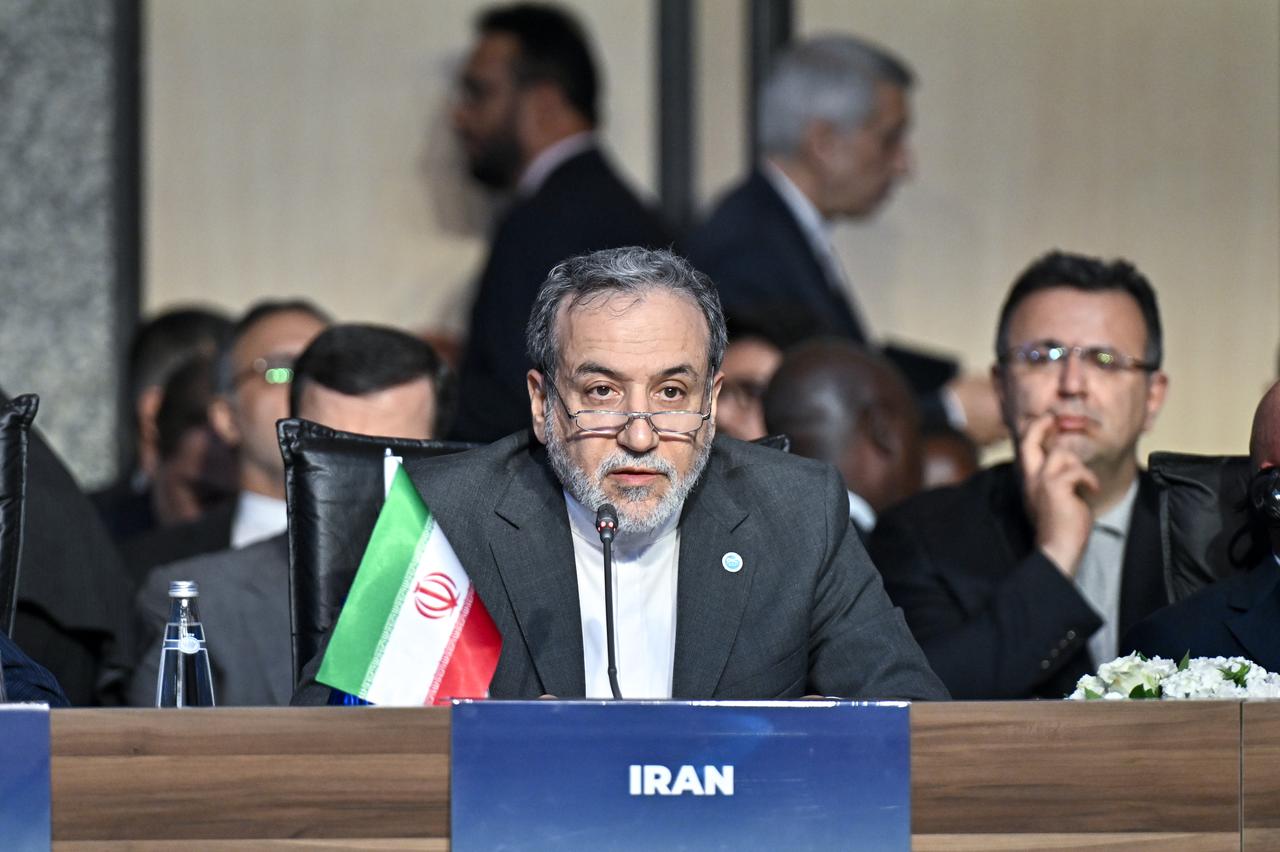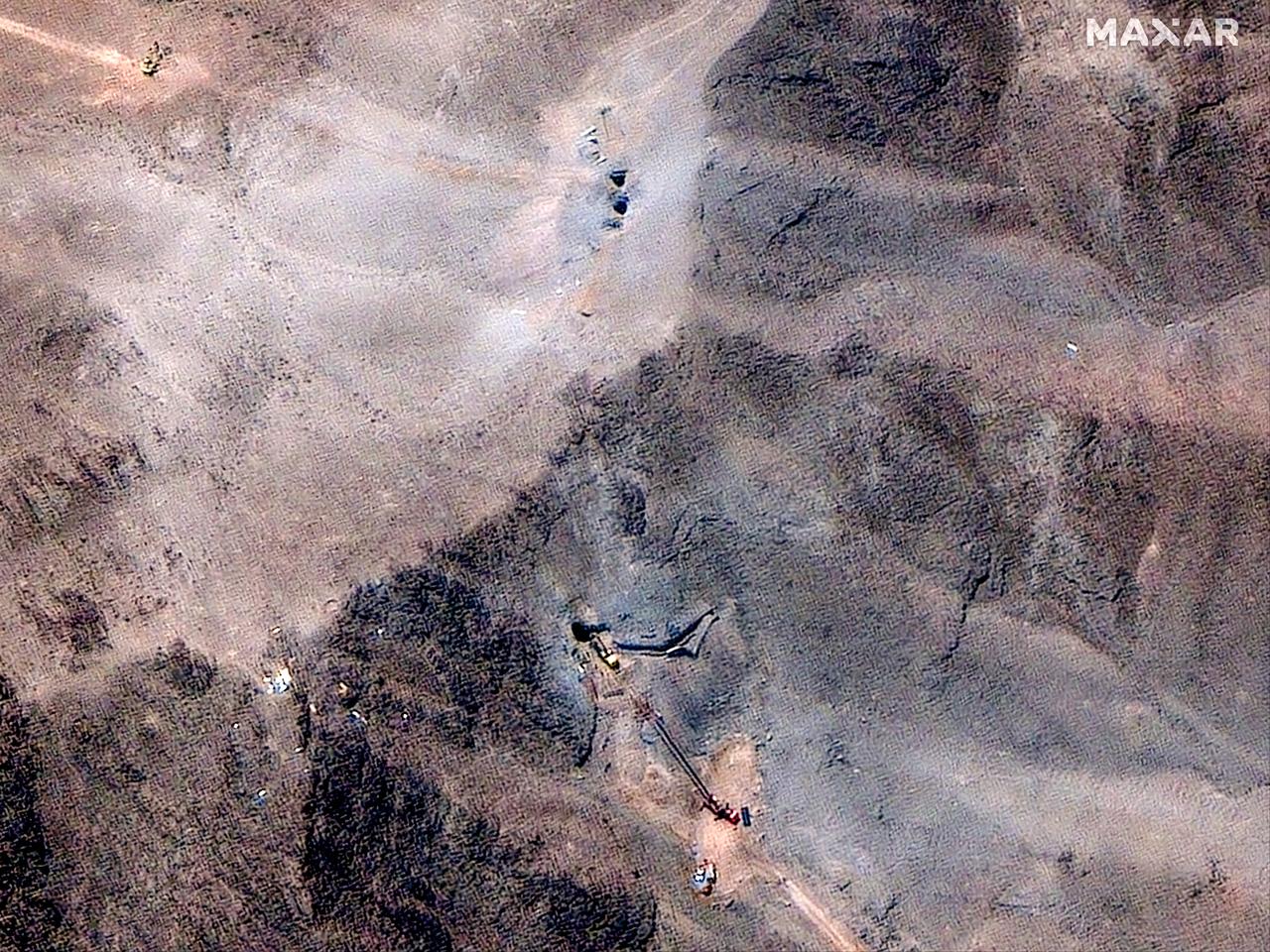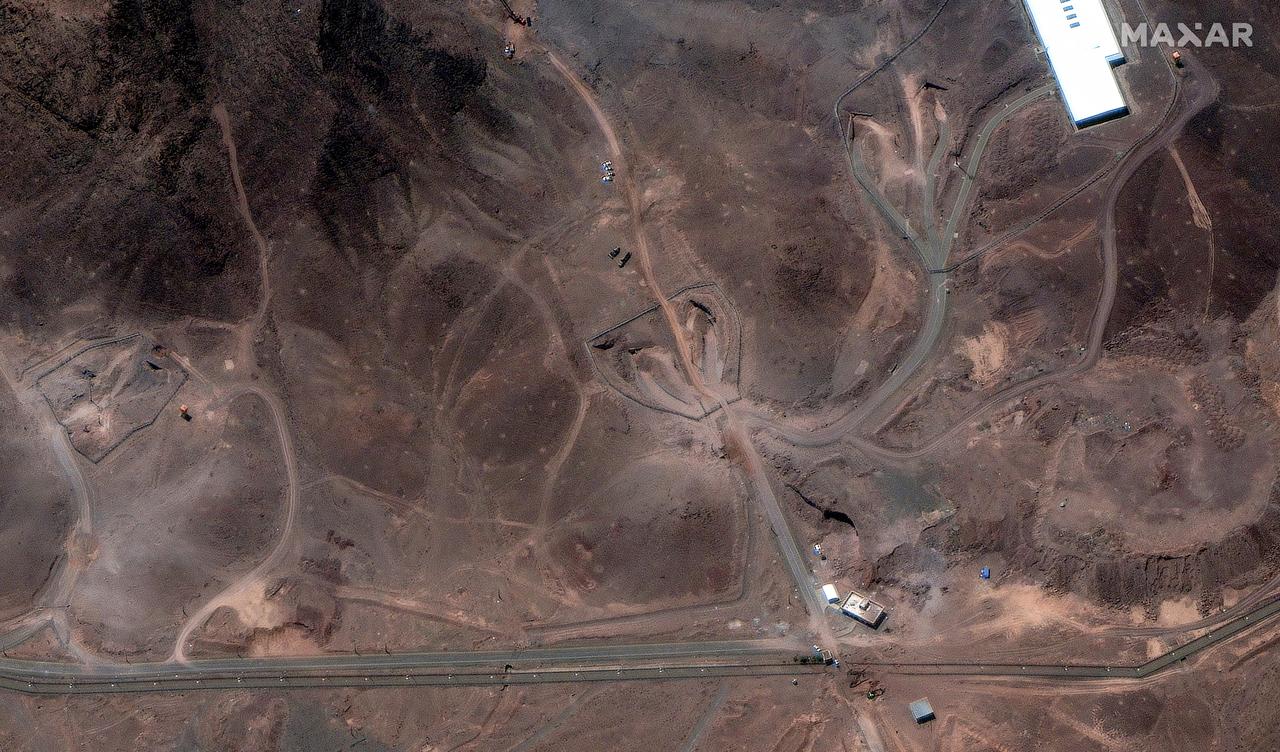
Iranian Foreign Minister Abbas Araghchi expressed doubt about a swift resumption of diplomatic talks with the United States following American airstrikes on Iran's nuclear facilities, though he maintained that "the doors of diplomacy will never slam shut."
In his first interview with an American media outlet inside Iran since the bombings, Araghchi told CBS News through a translator that negotiations would not restart as quickly as suggested by President Trump, who recently indicated talks could resume this week.
"I don't think negotiations will restart as quickly as that," Araghchi said. "In order for us to decide to reengage, we will have to first ensure that America will not revert to targeting us in a military attack during the negotiations."
The foreign minister added, "And I think with all these considerations, we still need more time."
The White House has noted that no talks are officially scheduled between the two nations.

The U.S. airstrikes on June 21 targeted Iran's Fordow nuclear enrichment site and the Isfahan and Natanz nuclear facilities. US President Trump claimed in a televised address that the sites had been "completely and totally obliterated."
Gen. Dan Caine, chairman of the Joint Chiefs of Staff, stated during a news conference that "initial battle damage assessments indicate that all three sites sustained extremely severe damage and destruction."
However, Rafael Mariano Grossi, head of the United Nations' nuclear watchdog agency, told CBS News the strikes caused "severe damage, but it's not total damage." Grossi assessed that Iran could likely resume uranium enrichment within a few months.

Araghchi dismissed the notion that bombing could eliminate Iran's nuclear capabilities permanently.
"One cannot obliterate the technology and science for enrichment through bombings," he said. "If there is this will on our part, and the will exists in order to once again make progress in this industry, we will be able to expeditiously repair the damages and make up for the lost time."
When asked about Iran's intentions regarding uranium enrichment, Araghchi emphasized the program's significance to national identity.
"Our peaceful nuclear program has turned into a matter of national pride and glory. We have also gone through 12 days of imposed war; therefore, people will not easily back down from enrichment," he stated.

The strikes followed a 12-day period of missile exchanges between Iran and Israel, which ended with a ceasefire that President Trump characterized as ending "the 12-day war between Iran and Israel."
Iranian Supreme Leader Ayatollah Ali Khamenei declared victory on social media, writing, "I offer my congratulations on the victory over the fallacious Zionist regime," and claiming Israel's government was "practically knocked out and crushed under the blows of the Islamic Republic."
The U.S. president responded on social media, calling Khamenei's declaration a lie and asserting that Iran had been "decimated." He also claimed to have prevented both U.S. and Israeli militaries from assassinating the supreme leader.
President Trump has indicated he could order additional strikes on Iran if it resumes enriching uranium beyond a certain level. Araghchi questioned the legality of such actions and affirmed Iran's readiness to defend itself.
"We showed and proved during this 12-day imposed war that we have the ability to defend ourselves, and we will continue to do so should any aggression be launched against us," Araghchi said.
President Trump and Israeli Prime Minister Benjamin Netanyahu are scheduled to meet at the White House next Monday.